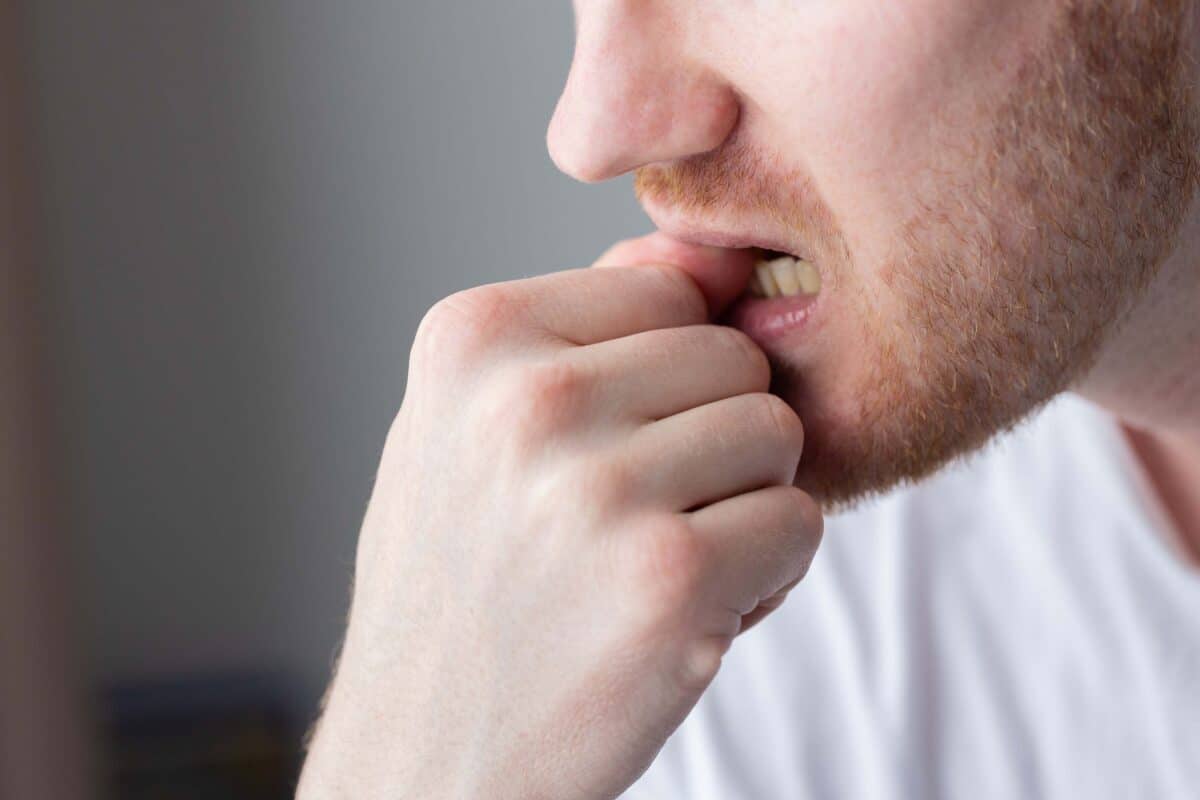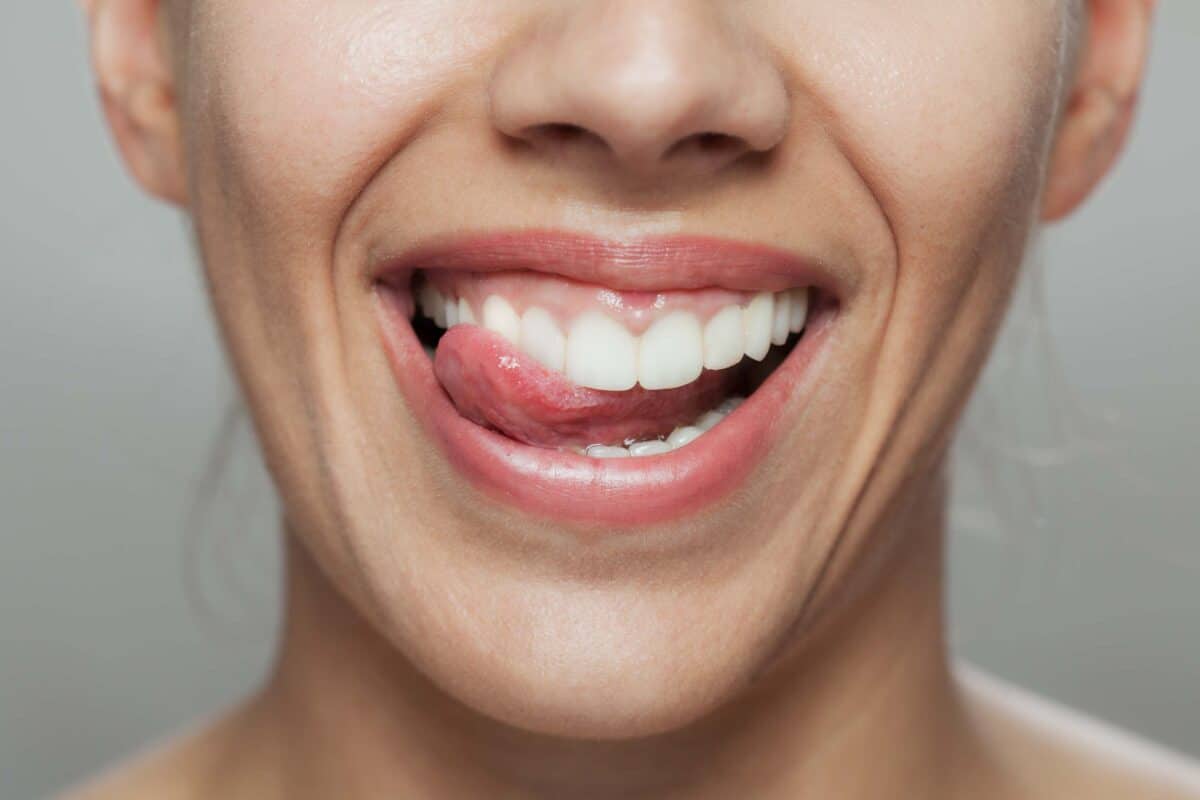From chewing ice cubes to biting your nails, everyday habits can seem harmless—until they start to harm your teeth. These actions may offer short-term comfort or convenience, but over time, they can cause serious damage. Understanding how these habits affect your oral health can help you protect your smile for years to come.
Chewing Ice: Cool, But Not Tooth-Friendly
Chewing ice may seem like a fun way to cool off, but it’s one of the top bad habits that can damage your teeth. Ice cubes are hard and can lead to chipping or cracking of your tooth enamel. Once enamel is damaged, your teeth are more vulnerable to tooth decay and tooth loss. Instead of crunching ice, try sipping cold drinks or switching to chilled water to stay cool without the risk.
Nail Biting: Stress Relief That Bites Back
Biting your nails is often a nervous habit, but it can cause serious harm to your teeth and gums. It puts pressure on your teeth in ways they’re not meant to handle, which can lead to misalignment and enamel wear. Nail biting can also introduce bacteria into your mouth, raising the risk of infections and even oral cancer over time. Some people find success breaking the habit by using bitter-tasting nail polishes or keeping their hands busy with a stress ball or fidget tool.
Using Your Teeth as Tools
Your teeth were made for eating, not for opening packages or tearing tags. Using your teeth as tools may be convenient at the moment, but it’s a shortcut that can lead to cracks, chips, or even broken teeth. Reach for scissors instead and give your teeth a break.
Grinding and Clenching: Silent Nightly Damage
A lot of people clench or grind their teeth at night without even knowing it. Over time, this habit can wear away enamel, cause jaw discomfort, and potentially loosen teeth. Wearing a custom-fitted mouth guard from your dentist is an effective way to shield your teeth while you sleep.
Not Brushing Properly
Even brushing your teeth can be damaging if you’re not doing it right. Using a hard-bristled brush or brushing too aggressively can erode enamel and irritate your gums. Use a soft-bristled toothbrush and brush with light, circular strokes to avoid harming your gums or enamel. Keeping up with brushing two times a day and flossing every day is key to maintaining good oral health.
Drinking Dark Beverages
Coffee, tea, and sodas may get you through the day, but they can stain teeth over time. Some of these drinks also contain acids that wear away enamel. Rinse your mouth with drinking water after having these beverages to reduce their effects, and drink through a straw when possible.
Take Control of Your Oral Health Today
Your daily habits play a big role in the health of your teeth and gums. Whether you’re guilty of chewing ice, biting your nails, or using your teeth as tools, it’s never too late to make a change. At Smith Dentalworks, we’re here to help you break the habits that can harm your teeth and support a lifetime of healthy smiles.






